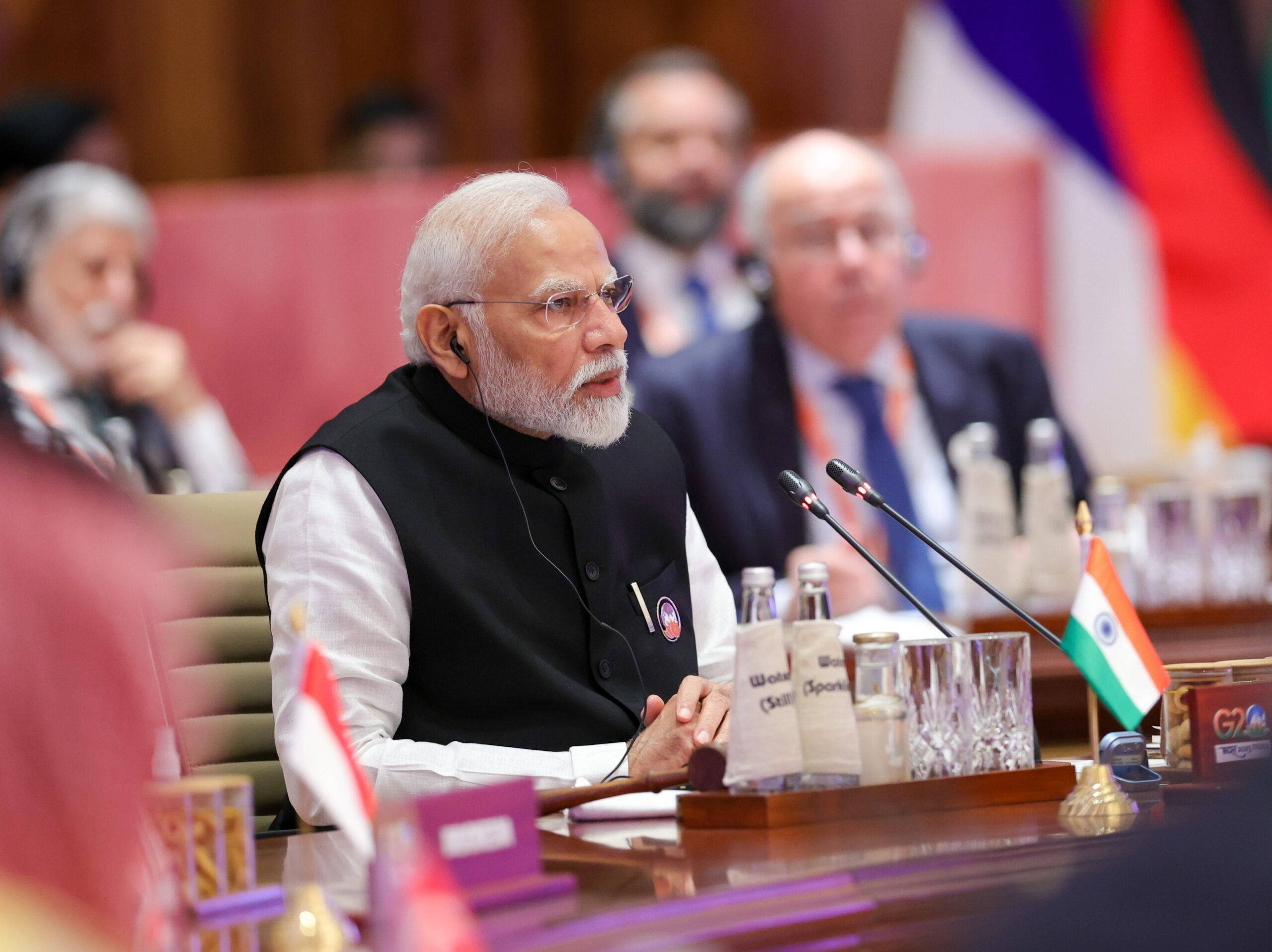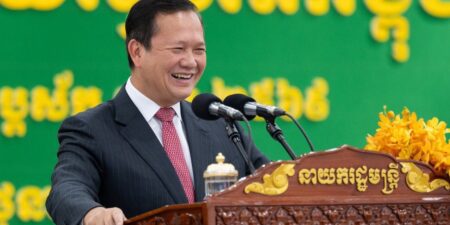The BGA India Team, led by Managing Director Ratan Shrivastava, wrote an update to clients about this year’s Group of 20 (G-20) Leaders’ Summit in India, which ended with the unanimous adoption of the G-20 New Delhi Leaders’ Declaration.
Context
- India’s G-20 agenda focused on promoting inclusivity, diversity and sustainability through 21 working groups across multiple sector-specific and macroeconomic tracks. It was a fitting finale to more than 220 meetings held across 60 Indian cities featuring 100,000 delegates. The summit captured India’s culture and diversity and brought the issues of the Global South to the fore.
- The New Delhi Declaration, which was unanimously adopted by all members without any chair summary or footnotes, is a transformative document outlining a collective vision of socioeconomic development. Acknowledging that this is a “defining moment in history,” the joint communique achieved consensus on ways to address significant global issues. India’s leadership navigated deep geopolitical divisions around the Russia-Ukraine war through complex maneuvering — with Group of Seven (G-7) members on one side and China and Russia on the other — to arrive at a hard-won consensus. The common ground achieved in the New Delhi Declaration enhances India’s diplomatic reputation, particularly because the Ukraine issue had repeatedly blocked consensus in G-20 working groups.
Significance
- The signing of several key agreements during the summit and on the sidelines showcases India’s growing role in shaping global priority issues. These include digital transformation, multilateral reform, global connectivity, the climate crisis and energy transition, food security and reforming the global financial architecture. The G-20 members agreed to advance the clean energy transition through the Global Biofuel Alliance and equitable hydrogen ecosystem. India, Saudi Arabia, the United Arab Emirates, United States, European Union, France, Germany and Italy signed a memorandum of understanding to institute the India-Middle East-Europe Economic Corridor (IMEC). The corridor is envisaged as a network of railway and sea lines to improve global connectivity, economic integration and people-to-people ties between Europe, Asia and the Arabian Gulf.
- The G-20 summit included a host of bilateral meetings such as dinner with U.S. President Joe Biden and Indian Prime Minister Narendra Modi to discuss strengthening the U.S.-India Strategic Partnership. With India agreeing to reduce tariffs on various U.S. poultry products, the two countries mutually resolved all seven of their World Trade Organization trade disputes. French President Emmanuel Macron and Modi expressed their commitment to strengthen bilateral defense cooperation, while Saudi Arabia’s Prince Mohammed bin Salman Al Saud discussed bilateral trade and defense ties.
Implications
- The unanimous passage of New Delhi Declaration raises India’s profile as a dependable arbiter of global issues, with close allies in the West and emerging markets such as Indonesia, Brazil and South Africa. With global leaders hailing the New Delhi Summit as a resounding success, the G-20’s status as a key bloc to advance global governance remains secure.
- Despite the consensus on the New Delhi Declaration, India will continue with its careful geopolitical balancing act between the G-7 and Russia and China. India must manage its stronger-than-ever strategic and commercial relationship with the United States while maintaining cordial relations with Russia and avoiding hazards from increased U.S.-China competition.
We will continue to keep you updated on developments in India. If you have questions or comments, please contact BGA India Managing Director Ratan Shrivastava at ratan@bowergroupasia.com.
Best regards,
BGA India Team


























